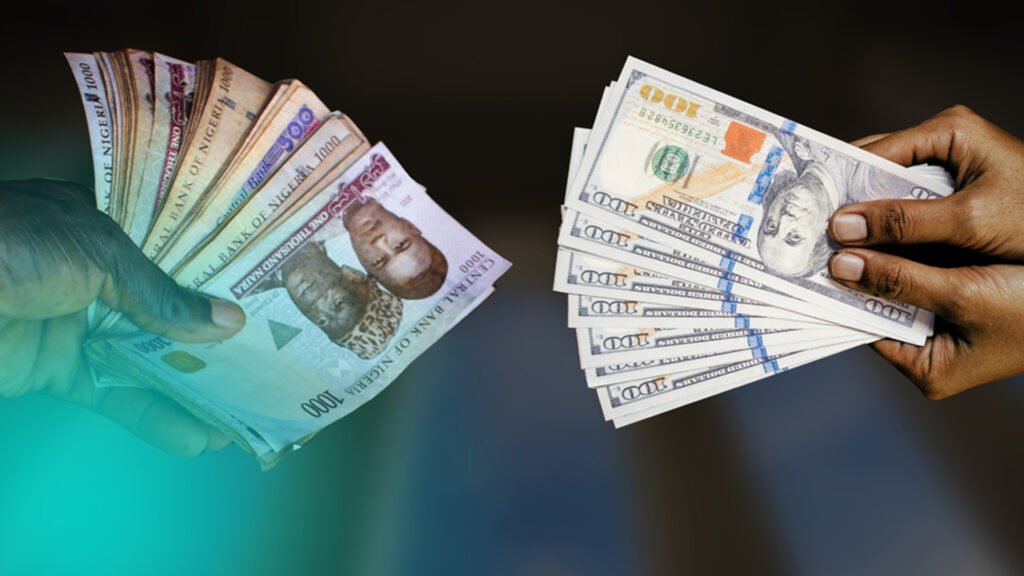The Nigerian Naira is projected to depreciate further, potentially reaching N1,993 per US dollar by 2028, according to a recent report from BMI Research, a subsidiary of Fitch Solutions. The analysis highlights the growing risks for Nigeria’s economy, particularly in sectors reliant on imports, such as the healthcare industry.
In the report titled “Weak Naira and Structural Challenges to Constrain Nigeria’s Medical Devices Market Growth,” BMI Research underscores the challenges the country faces in its medical devices market, which is heavily dependent on imports. The report suggests that despite expectations of an economic rebound in the medium term, Nigeria’s healthcare system will continue to struggle with supply shortages and rising import costs due to the Naira’s depreciation.
One of the most pressing concerns is the country’s over-reliance on imports of medical devices. According to BMI Research, Nigeria imports more than 95% of its medical devices, making it highly vulnerable to fluctuations in the exchange rate.
“Continued weakness of the naira will increase medical device import costs and erode consumer purchasing power. Similar to other markets in sub-Saharan Africa, Nigeria heavily relies on medical device imports, with reliance of over 95 per cent,” the report notes.
BMI Research further projects that by 2028, the Naira will reach an exchange rate of N1,993 per US dollar, down from N306/USD in 2018. This would lead to higher import costs for medical devices, which would further strain Nigeria’s already underfunded public health system and reduce the purchasing power of consumers seeking essential healthcare products.
“We expect that the naira will end 2028 at N1,993/$ from N306/$ in 2018. As the naira weakens, the cost of importing medical devices will continually increase, eroding both the health system and patient purchasing power especially to invest in essential medical technologies given the underfunding of the public health sector,” the report added.
The report also highlights that the weaker Naira could increase the cost of high-demand medical devices such as diagnostics, orthopaedics, and dental products, posing challenges for patients and healthcare providers alike.
On a more optimistic note, BMI points out that while the weakened currency may hurt imports, it could also improve the competitiveness of locally manufactured medical devices. A weaker Naira would make locally produced medical equipment more cost-competitive, potentially spurring growth in Nigeria’s domestic medical device industry.
However, the projection of N1,993/$1 by 2028 represents only a modest depreciation compared to the Naira’s dramatic decline in recent years. Over the past 13 months, the Naira has lost about 70% of its value, dropping from around N600/$1 to approximately N1,700/$1 today. BMI’s forecast indicates that the Naira may continue its downward trajectory but at a slower rate over the next four years.
This outlook underscores the ongoing challenges Nigeria faces in managing its currency and securing its critical imports. The weakening Naira, combined with existing structural problems in the healthcare sector, may require significant policy adjustments to avoid further disruptions to medical supply chains and to safeguard public health.

